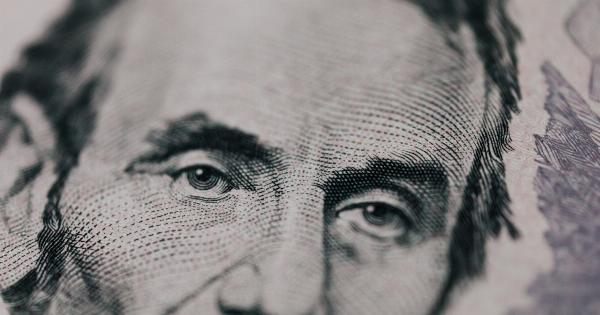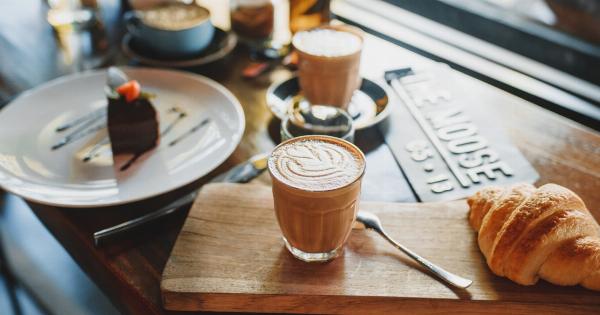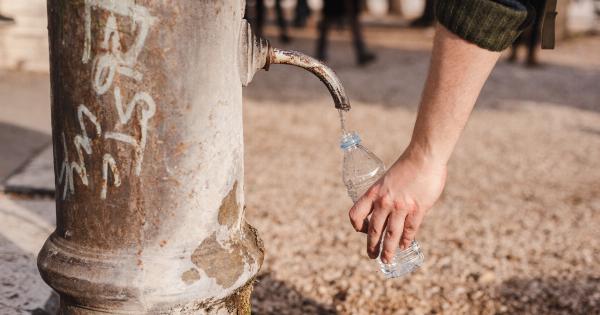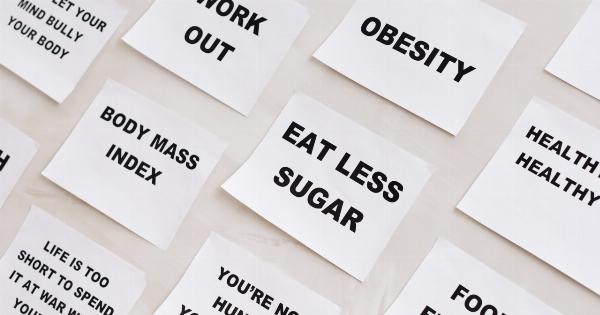Bloating is a common issue that most people experience at some point in their lives. This condition occurs when your belly feels swollen or full, which may lead to discomfort and even pain.
Several factors can cause bloating, including overeating, indigestion, constipation, and menstruation. However, don’t worry; there are several things you can do to prevent and alleviate bloating. Here are some tips to help you de-bloat:.
1. Eat Slowly and Chew Your Food Thoroughly
Eating too fast can cause bloating and other digestive issues. When you eat too quickly, you swallow air, which can build up in your stomach and cause bloating.
Moreover, chewing your food thoroughly helps break down the food into small pieces, making it easier for your body to digest. By slowing down and taking your time to enjoy your meal, you can prevent bloating and other digestive problems.
2. Avoid Eating Too Much at Once
Overeating is one of the most common causes of bloating. When you eat too much food, your stomach has to work harder to digest it, leading to bloating and discomfort.
Instead of eating one large meal, try eating smaller, more frequent meals throughout the day. This will help keep your digestion smooth, preventing bloating and other digestive issues.
3. Avoid Foods That Cause Gas
Certain foods can cause more gas in your digestive tract than others, leading to bloating. Some of these foods include beans, broccoli, onions, and cabbage.
If you know that a certain type of food causes bloating, try to avoid it altogether or eat it in moderation. You can also try cooking these foods differently to make them easier to digest. For example, soaking beans before cooking them can help reduce gas formation.
4. Drink Plenty of Water
Drinking enough water is essential for healthy digestion. When you’re dehydrated, your body can’t break down food properly, leading to bloating and other digestive issues.
Aim to drink at least eight glasses of water a day and more during exercise or hot weather. If you find drinking enough water difficult, try infusing your water with fruits to add flavor and make it more enjoyable.
5. Exercise Regularly
Regular exercise helps prevent bloating by improving digestion and reducing your stress levels. Physical activity boosts blood flow to your digestive system, helping food move more efficiently through your intestines.
Moreover, exercise can also relieve constipation, which is a leading cause of bloating. Try to include at least 30 minutes of exercise into your daily routine, such as jogging, cycling, or walking.
6. Manage Stress
Stress can have a significant impact on your digestive health. When you’re stressed, your body produces hormones that can disrupt your digestion, leading to bloating and other digestive problems.
To reduce stress in your life, try practicing relaxation techniques such as meditation, yoga, or deep breathing. You can also try spending time in nature or doing activities that you enjoy, such as reading or listening to music.
7. Take Your Time in the Bathroom
When you feel the urge to use the bathroom, it’s essential to take your time. Straining while on the toilet can lead to constipation, which is a leading cause of bloating.
Moreover, spending too much time on the toilet can also lead to hemorrhoids, which can cause further discomfort. Instead of using your phone or reading while on the toilet, try simply focusing on the task at hand and relaxing your body.
8. Try Probiotics
Probiotics are beneficial bacteria that live in your digestive tract. These organisms help regulate your digestion and prevent bloating and other digestive issues.
To get more probiotics in your diet, try eating fermented foods such as yogurt, kefir, or sauerkraut. You can also take probiotic supplements, which are available in most health food stores.
9. Avoid Carbonated Beverages
Carbonated beverages can cause bloating by making you swallow more air than usual. Moreover, these beverages can also irritate your stomach lining, leading to bloating and discomfort.
If you want to avoid bloating, try avoiding carbonated beverages such as soda, beer, or sparkling water. Instead, try drinking tea or water with lemon.
10. Consult a Doctor
If you experience bloating frequently and are worried about an underlying condition, it’s essential to consult a doctor. Your doctor can perform tests to determine the cause of your bloating, such as a stool test or endoscopy.
Additionally, your doctor may suggest medications or other treatments to alleviate your symptoms.
Conclusion
Bloating is a common condition that most people experience at some point in their lives. Several factors can cause bloating, including overeating, constipation, and menstruation.
However, there are several things you can do to prevent and alleviate bloating, such as eating slowly, avoiding foods that cause gas, drinking plenty of water, exercising regularly, and managing stress. By following these tips, you can reduce your chances of experiencing bloating and other digestive issues.



























